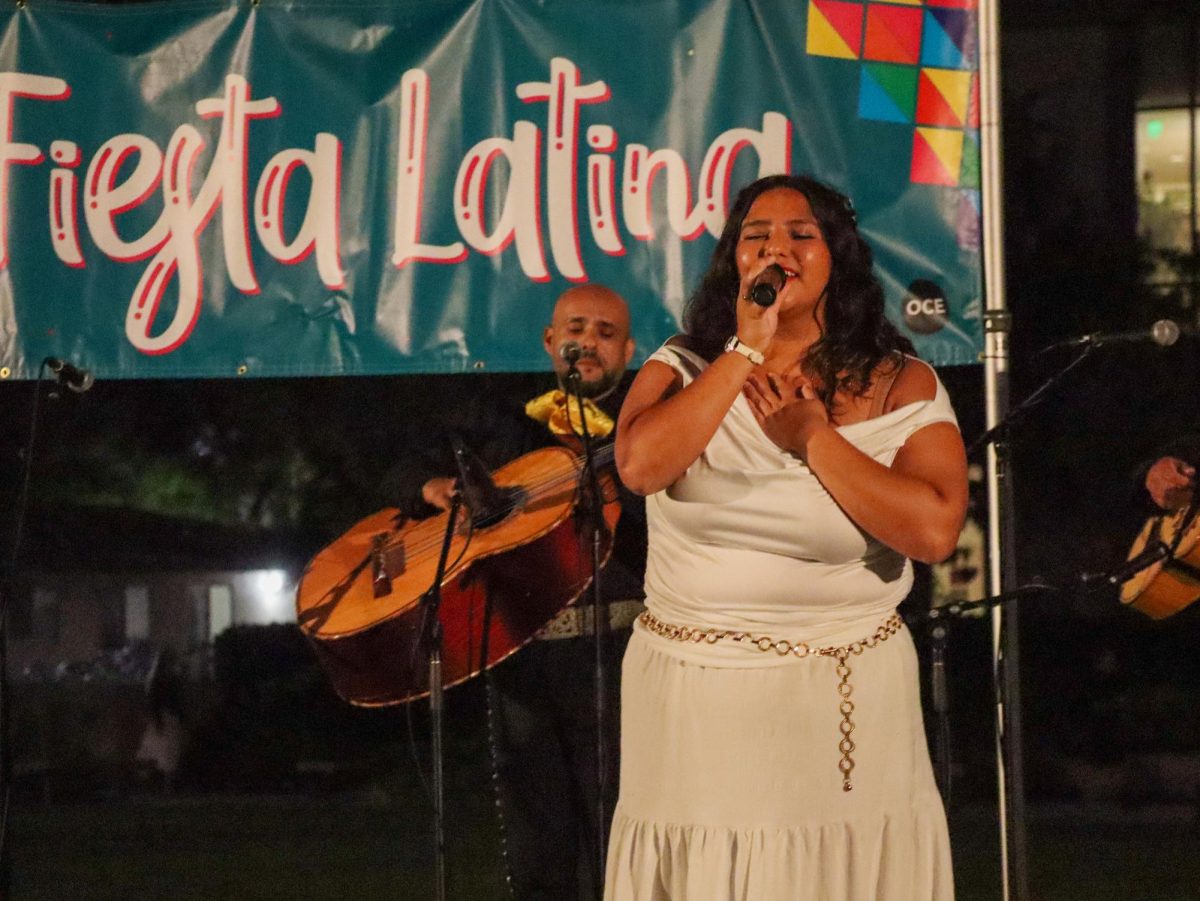Just over a year after its founder and first director, John Mark Reynolds, announced that he would be leaving the Torrey Honors Institute to become provost at Houston Baptist University, the program continues to develop and create new opportunities for itself through faculty hirings and innovative curriculum changes.
TORREY WELCOMES NEW HIRE
Last month, Torrey announced that it would be hiring Chris Mitchell, who will join the institute as a professor this fall. Mitchell is currently the director of the Marion E. Wade Center, which is based out of Wheaton College in Illinois and is a research center devoted to a group of British Christian authors including C.S. Lewis and J.R.R. Tolkien, as well as their contemporaries and influences. Paul Spears, a long-time Torrey professor who is now serving in his first year as director, expressed excitement about Mitchell’s hiring.
“It became pretty quickly apparent to me that he was a really good fit for Torrey,” he said of his first interactions with Mitchell. “His personality, his pastoral heart, his intellectual chops, his good archival experience. … We’re really excited about having him; he’s just going to be a great addition to the department.”
Fred Sanders, who has been a Torrey professor since 1999, also expressed enthusiasm over Mitchell’s hiring.
“That’s a big win, hiring-wise,” he said.
The program is still interviewing candidates to fill one other faculty position for next year, according to Spears. He mentioned that Torrey will soon bring candidates to Biola to meet students, which is a usual part of Torrey’s hiring process.
FACULTY DEVELOPS INNOVATIVE WAYS TO EDUCATE
Spears also discussed Torrey’s growing incentive to develop a curriculum that better integrates the history of scientific thought with its current humanities-based curriculum.
“We know we’re getting more and more science people applying to Biola and to Torrey,” Spears said, adding that Torrey is interested in helping these students integrate their science majors with their Torrey education.
Torrey does not intend to begin offering students science credit within the program, which will remain thoroughly humanities-focused, Sanders explained.
The institute is also interested in introducing a community-based learning program that would be integrated into the Johnson House curriculum, one of Torrey’s two core curricula, according to Sanders. The program would supplement the Johnson House sophomore fall course, which concerns the relationship between individuals and their political and civic communities.
The community-based learning project would be more than just a community service project, but it might include some service elements, Sanders explained. He mentioned tutoring, legal aid organization and hospice care as possible community-based learning activities.
“The idea [would be] that then our [class] sessions would kind of have a fire lit under them for certain issues of more local politics,” Sanders explained.
CONTINUING THE ENTREPRENEURIAL SPIRIT OF TORREY
Sanders and Spears both commented on how these kinds of experimental initiatives have always been integral to the character of Torrey.
“Torrey is notoriously entrepreneurial,” Spears said. “We’re always trying something new. That crosses into our curriculum choices and it crosses into the kind of creativity that we want to bring to students’ educational experience.”
Program applicants have expressed an unprecedented level of interest in Torrey throughout this year’s admissions cycle, according to Spears.
“This year is the largest applicant pool we’ve ever had, and it’s actually the strongest applicant pool we’ve ever had in terms of SAT scores,” he said. “So quality and quantity have gone up.”
Spears observed that a present confluence of student interest, support from the university at large and the ongoing development of a strong faculty have contributed to making now a uniquely exciting time in Torrey’s history.
“We’re just starting to be able to harvest that,” he said.
Sanders, too, posited that now could be an important time of harvest as the institute and its alumni base mature.
Alumni give back
“For years, the senior faculty in Torrey have looked at where we are and said, ‘We just keep cranking out great graduates; when do we start harvesting?’” he said. “‘When does that sort of come back … in all the ways that a mature alumni base would benefit us?’”
Now, with alumni doing things like writing this month’s cover story for “Christianity Today” and teaching philosophy at the University of Oxford, Sanders observed that the season of harvest finally seems to be arriving.
“We’ve always been proud of our alumni; it’s awesome to start to see some material benefits returning finally,” Sanders said. “It’s just that season. So if there’s an accelerated change, and there may be — we may get some really awesome opportunities coming up — partly it owes to Paul Spears’ swell leadership in a more mature phase of the department, but partly it’s just harvest time.”






